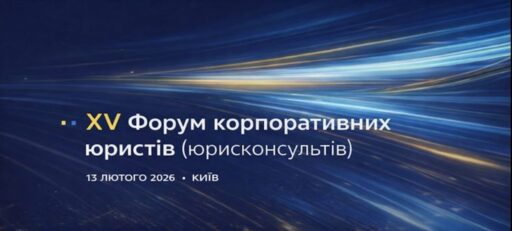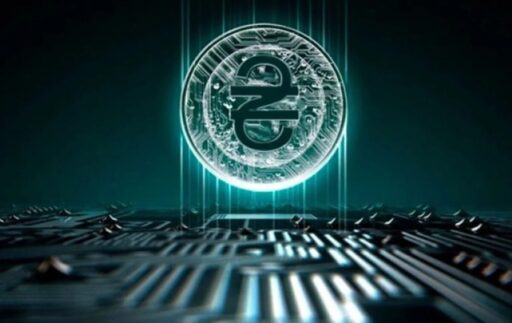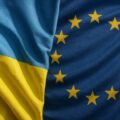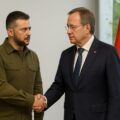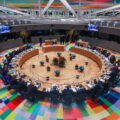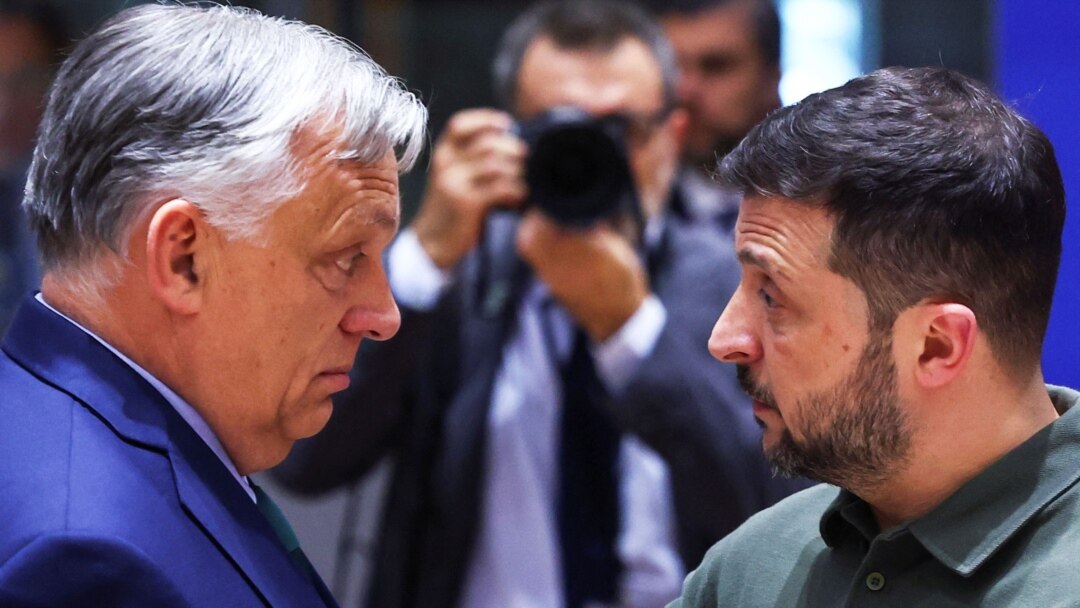
Political Propaganda and the “Egg” Campaign in Hungary: How Budapest Manipulates Zelensky’s Image and Blocks Ukraine’s Path to the EU
In June 2025, right after Hungary held its own referendum on Ukraine’s EU membership, new posters began appearing on the streets. They show Ukraine’s President Volodymyr Zelensky and Péter Magyar, leader of the Hungarian opposition party Tisza, sitting side by side in eggshells with small Ukrainian flags. The caption: “Like two eggs.” This isn’t just a meme or a bizarre street ad it’s part of a political campaign designed by Hungary’s elite to respond to real threats to their own power and to the idea of supporting Kyiv.
Who Is Behind the Campaign and What Makes It Special
Formally, the campaign is attributed to “Kiadja a Nemzeti Ellenállás Mozgalom Non-Profit Kft” (the National Resistance Movement). However, as Hungarian journalists at 444.hu point out, no such organization exists legally. It’s likely a front or an entity created specifically for such information operations.
Alongside these billboards, a viral video campaign emerged, mocking both Zelensky and Magyar: it uses footage from Zelensky’s time with Ukraine’s comedy troupe “Kvartal 95,” parodies, and old clips of him performing with the group Kazaky. These were blended with political slogans warning of catastrophic consequences if the opposition were to take power.
Despite the YouTube channel hosting the video having only a few hundred subscribers, the clip quickly amassed over a million views a classic example of manufactured virality, fueled by networked promotion, bots, and targeted advertising.
The Political Context: Why Now?
This wave of political messaging coincides with fierce competition in Hungary and growing tensions between Prime Minister Viktor Orbán and Western allies. The referendum on Ukraine’s EU membership, initiated by Orbán, officially claimed 95% voted “no,” though the opposition says actual turnout was only about 600,000 voters. In reality, it was more political theater than democratic expression. Against this backdrop, the information campaign serves two clear goals. First, it strengthens Orbán’s image as the sole “protector” of Hungary from the supposed “Ukrainian disaster.” Second, it discredits not only Zelensky but any domestic opposition figure open to dialogue with Kyiv or supporting a European path. In these ads, Zelensky is labeled by name, while Magyar is dubbed the “Hungarian Zelensky.” The message is simple: if you trust Magyar with power, the country will follow Ukraine’s path to war, economic hardship, and international isolation. It’s an effort to reduce complex political realities to a single, emotionally charged visual.
Revelant
Ukraine’s Response and the Meaning for Bilateral Relations
The Ukrainian side officially responded through Foreign Ministry spokesperson Heorhiy Tykhyi, stressing that instead of explaining to citizens why the country is in crisis, the Hungarian government is wasting resources on caricatures and smearing a neighboring country. Ukrainian diplomats called these campaigns senseless and ineffective likely to sway only those already opposed to Ukraine’s integration with the EU. However, this does not change the fact that Hungary’s information space is still heavily influenced by the ruling party, where narratives of “outside threats” are used to demonize both Ukrainian politicians and domestic opposition.
Why Is Orbán Doing This and What Are the Consequences for Ukraine and the EU?
Viktor Orbán and his team are no strangers to such tactics. Since 2010, his government has regularly run national “consultations” on hot-button issues from migration to LGBTQ+ rights. The goal is to mobilize voters, create a sense of national unity, and cement Orbán’s grip on power. This latest campaign is just another tool to distract from internal issues: economic downturn, rising prices, and controversial foreign policy decisions. Ukraine becomes an easy target, framed as a “threat,” and any outreach to Kyiv is painted as a path to disaster. For Ukraine, this means not only further delays in EU accession talks but a constant risk of being used as a pawn in Hungarian domestic politics. For the EU, it’s a challenge to the values of solidarity and mutual support when a single member state blocks important decisions through manipulation of public opinion.
The “Like Two Eggs” campaign is a striking example of modern propaganda that relies not on arguments, but on emotion and imagery. Its purpose is not to persuade, but to devalue and oversimplify complex political processes. For Ukraine and its partners, it is vital to recognize that such actions are part of a broader struggle for Europe’s future where not just borders but fundamental principles are at stake. In the face of growing challenges, every information attack deserves not only a diplomatic but also an analytical response, so that society can recognize manipulation and understand who benefits from it and why.


